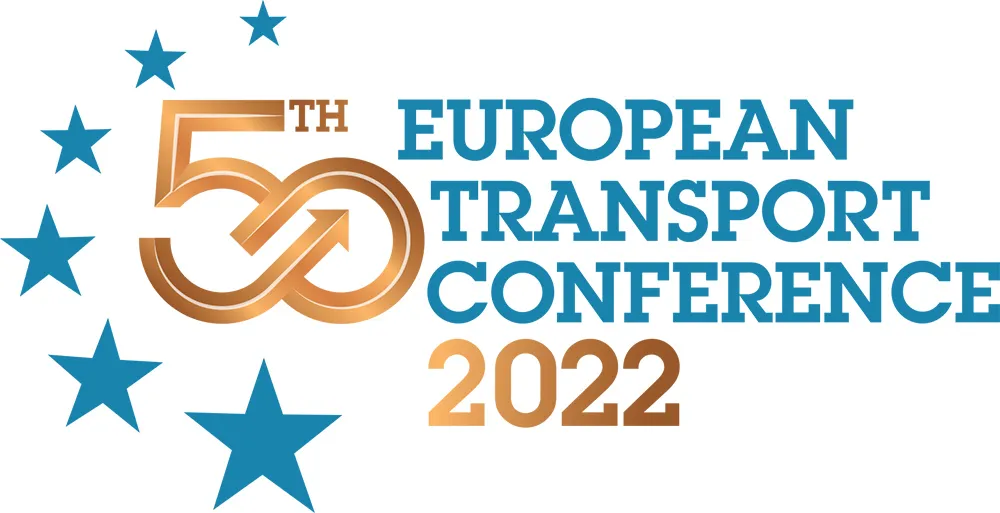Mobility professionals from across Europe have called for greater coordination of European policies that affect urban and regional transport.
Speaking at the 2013 Polis conference, new president Javier Rubio de Urquía said, "We need coordination between European environment, climate, research, energy and transport policies as these have a direct impact on urban and regional transport. This is required to deliver the best sustainable urban and regional transport systems in Madrid as well as anywhere else
December 10, 2013
Read time: 3 mins
Mobility professionals from across Europe have called for greater coordination of European policies that affect urban and regional transport.
Speaking at the 2013 Polis conference, new president Javier Rubio de Urquía said, "We need coordination between European environment, climate, research, energy and transport policies as these have a direct impact on urban and regional transport. This is required to deliver the best sustainable urban and regional transport systems in Madrid as well as anywhere else in Europe."
Vice-President of the1690 European Commission Siim Kallas said at the opening plenary session of the conference: "The choices that Europe makes now regarding urban mobility will have a huge impact on the worldwide use of resources - particularly oil - as well as greenhouse gas emissions. ... But technology on its own is not enough. Only a small part of making a city "smart" is a technical challenge. It is mostly a multi-disciplinary task of solving "soft" issues. That is why increased cooperation is the key to future success, as we design and adapt cities into smart, intelligent and sustainable environments."
The 2013 Polis conference "Innovation in Transport for Sustainable Cities and Regions" brought together 350 politicians and planners from local and regional governments, representatives of EU institutions, industry, research and interest groups. Participants debated the challenges sustainable urban and regional transport, including financing local transport, better planning as well as innovative policy approaches to parking, electromobility, open data in transport, urban freight, and transport and health.
Central to the debate on these topics was the role of the1816 European Union, and specifically the coordination of urban and regional mobility with other policies.
Olivier Onidi, director at the European Commission's5578 DG Move, stressed that the integration of urban nodes into the Trans-European Transport Policy is an important step forward: "It has been a very important sign that we finally convinced all actors to include the urban dimension into the Trans-European network - about one year ago that was seen as something quite esoteric by some", Onidi said in the closing plenary session.
"Unlike at many other conferences there was a unique mix of people, who could talk and exchange. This is a key driver for the changes we are seeing in cities", concluded Michael Aherne from the Irish National Transport Authority in Dublin during the closing plenary session.
Speaking at the 2013 Polis conference, new president Javier Rubio de Urquía said, "We need coordination between European environment, climate, research, energy and transport policies as these have a direct impact on urban and regional transport. This is required to deliver the best sustainable urban and regional transport systems in Madrid as well as anywhere else in Europe."
Vice-President of the
The 2013 Polis conference "Innovation in Transport for Sustainable Cities and Regions" brought together 350 politicians and planners from local and regional governments, representatives of EU institutions, industry, research and interest groups. Participants debated the challenges sustainable urban and regional transport, including financing local transport, better planning as well as innovative policy approaches to parking, electromobility, open data in transport, urban freight, and transport and health.
Central to the debate on these topics was the role of the
Olivier Onidi, director at the European Commission's
"Unlike at many other conferences there was a unique mix of people, who could talk and exchange. This is a key driver for the changes we are seeing in cities", concluded Michael Aherne from the Irish National Transport Authority in Dublin during the closing plenary session.







